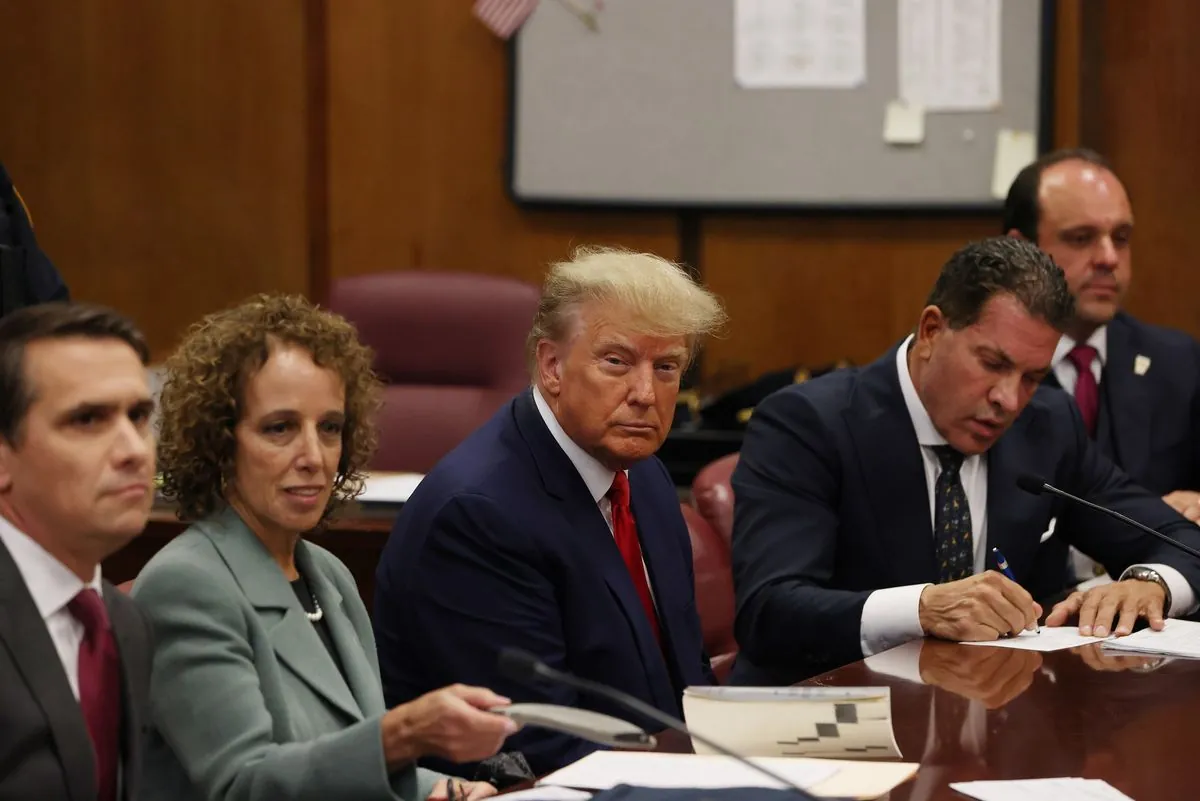Donald Trump's legal team has mounted a significant challenge against the revised D.C. election interference indictment, asserting that the case poses a threat to the office of the presidency and should be dismissed. This development comes in response to special counsel Jack Smith's superseding indictment filed in August 2024, which removed allegations potentially considered official presidential acts following a Supreme Court ruling that expanded the scope of presidential immunity.
In a filing to U.S. District Judge Tanya S. Chutkan, Trump's attorneys argued that the special counsel's position conflicts with the Supreme Court's opinion. They contend that immunity for official acts is absolute, including conversations between Trump and then-Vice President Mike Pence about the 2020 presidential election.
The concept of presidential immunity, while not explicitly mentioned in the U.S. Constitution, has been shaped by Supreme Court decisions over time. The first major case on this issue, Nixon v. Fitzgerald in 1982, established important precedents that continue to influence legal interpretations today.
Trump's legal team emphasized the need to protect the integrity of the presidency and the upcoming election, as well as the constitutional rights of the former president and the American people. They argue that even introducing evidence related to Trump-Pence interactions could undermine presidential authority.
The indictment, initially filed in 2023, charges Trump with four crimes related to alleged attempts to overturn the 2020 election results. These charges remain in the superseding indictment, albeit with reduced evidence.
"Dismissal is required to protect the integrity of the Presidency and the upcoming election, as well as the Constitutional rights of President Trump and the American people."
It's important to note that presidential immunity does not extend to actions taken before or after a president's term, and the Supreme Court has ruled that presidents can be sued for unofficial acts while in office. The debate over what constitutes "official acts" in relation to presidential duties remains a contentious issue in this case.
The defense team is also seeking additional discovery evidence, arguing that the special counsel should provide more information given the Supreme Court's ruling and the superseding indictment. They aim to rebut claims that certain allegations can still be prosecuted under the expanded definition of presidential immunity.
Judge Chutkan, who was appointed to the federal bench in 2010, now faces the task of interpreting the Supreme Court's broad and somewhat vague ruling on presidential immunity. Her decisions will likely be subject to appeals, potentially reaching the Supreme Court again.
The timeline for this case remains uncertain, with appeals likely to delay any trial until after the November 2024 election, possibly extending into 2026 or beyond. This protracted legal process underscores the complex interplay between presidential powers, judicial interpretation, and the electoral process in the United States.
